which of the following is an example of avolition?
AvolitionAvolition, as a symptom of various forms of psychopathology, is the decrease in the ability to initiate and persist in self-directed intentional activities. These activities that seem to be neglected often include routine activities, such as hobbies, going to work and/or to school, and in particular, doing social activities. A person who experiences absolution may stay at home for long periods of time, rather than seeking work or peer relationships. AvolitionContentsPsychopathology[] People with flying often want to complete certain tasks but lack the ability to initiate behaviors necessary to complete them. The amoltion is more commonly seen as a symptom of some other disorder, but it could be considered a primary clinical disturbance of itself (or as a second co-existing disorder) related to decreased motivational disorders. In 2006, the National Institute of Mental Health (NIMH) identified thevoltion as one of the same, and has been observed in patients with trauma and trauma. Amolding is sometimes mistaken for other similar symptoms also affect motivation, such as , and , or strong general disinterest. For example, abulia is also a restriction on motivation and initiation, but characterized by an inability to set goals or make decisions and considered a diminished motivational disorder. In order to provide effective treatment, the underlying cause of the avolution (if any) has to be identified and it is important to differentiate it adequately from other symptoms, although they may reflect similar aspects of mental illness. [] Social and Clinical Consequences[] Impressions of absolution often result in social deficits. Not being able to initiate and perform intentional activities can have many implications for a person with avolution. By discontinuing interactions with family and unknown persons, the patient's social relations are endangered. When part of a serious , it has been reported the involtion, in the first person accounts, to lead to physical and mental incapacity to initiate and maintain relationships, as well as work, eat, drink or even sleep. Clinically, it may be difficult to involve an individual who experiences thevoltion in the active participation of . Patients also face the tensions of facing and accepting a mental illness and stigma that often accompanies such diagnosis and their symptoms. As for schizophrenia, the reported in 2013 that there are currently no "tested treatments for primary negative symptoms" (such as involtion). Along with the chronic nature of schizophrenia, such facts added to the prospect of never getting well, could involve more feelings of hopelessness and similar in patients, as well as their friends and family. Treatment does not always improve all aspects of a patient's life, and for negative symptoms in schizophrenia, responses to antipsychotic are less favorable than positive symptoms. As a result, psychotherapy could be an alternative to treating these symptoms, even if the medication has a good effect on other manifestations of the disorder. which is known to have several very serious side effects can be useful for the treatment of apathy syndrome (advoltion). However, its role and effectiveness in the treatment of apathy requires more research in clinical trials. contained in has the capacity to reduce absolution. Dopaminergic neurons of prefrontal cortex are significantly reduced, and is associated with the avoltion. can increase dopamine levels in the prefrontal cortex by 40% and could potentially provide therapeutic benefits. (CBT), is the type of psychotherapy that shows the greatest promise in the treatment of avoltion (and other negative symptoms of schizophrenia), but more research is needed in the area. CBT focuses on understanding how thoughts and feelings influence behavior, to help people develop methods and strategies to better manage the implications of their disorder. Some research suggests that CBT focuses on social skills and the practice of interpersonal situations, such as job interviews, seeing a doctor (to discuss medicines, for example), or interacting with friends and family, as well as seemingly simple things like riding on a bus, regular exercise, and a good diet could reduce the negative symptoms of schizophrenia and be beneficial to patients with avoltion. Other forms of psychotherapy could also complement the role of the medication and help patients, their families and friends work through emotional and other challenges of living with chronic psychological disorder, including absolution. See also[]References[]2012932933 Navigation menu Personal tools Named spaces Variants Views More Search Navigation Contributed Tools Printing/exporting Languages
/negative-symptoms-in-schizophrenia-2953123_FINAL-ef951f16569040e480dd672d00697f7f.png)
Negative Symptoms of Schizophrenia
Examples of Avolition
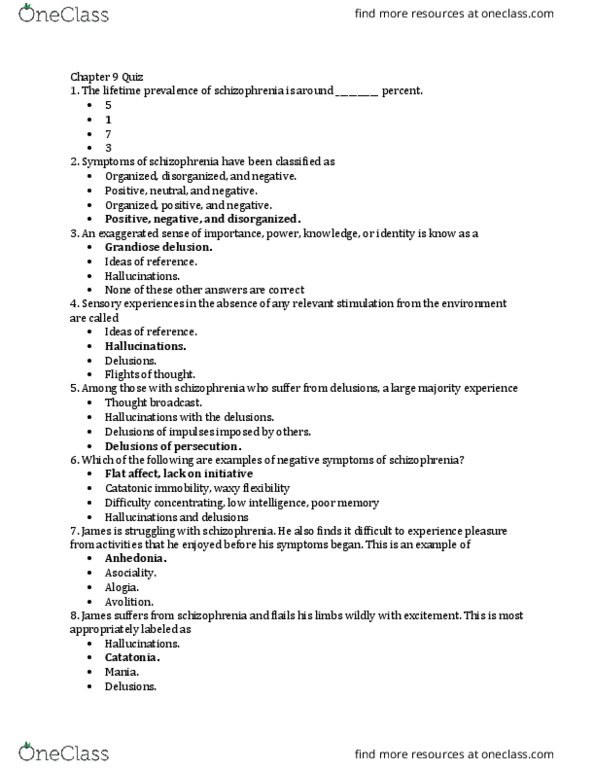
PSYC 3560 Study Guide - Fall 2018, Quiz - Waxy Flexibility, Avolition, Schizophrenia
Avolition: Definition & Link to Schizophrenia - General Psychology Class (Video) | Study.com
/GettyImages-200283415-002-56e1b8263df78c5ba056a0f1.jpg)
Avolition or Lack of Motivation in Schizophrenia

Solved: Which Option Is An Example Of A Negative Symptom O... | Chegg.com

Solved: Which Option Is An Example Of A Negative Symptom O... | Chegg.com

Avolition in Schizophrenia: Symptoms, Causes, and Treatment
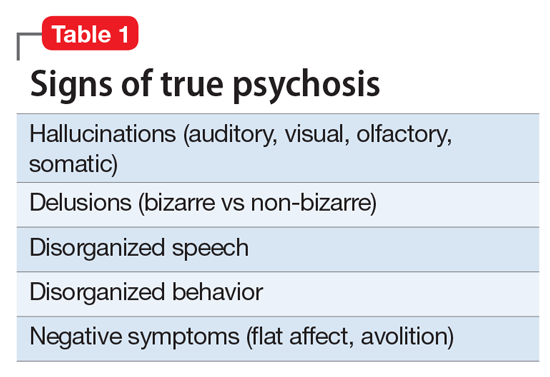
Malingering in apparently psychotic patients: Detecting it and dealing with it | MDedge Psychiatry
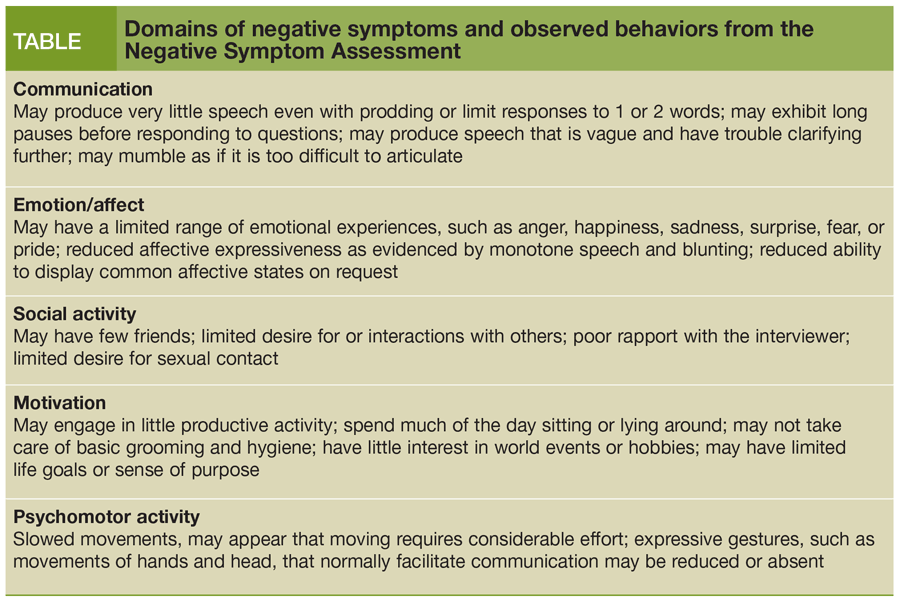
Negative Symptoms in Schizophrenia: An Update on Identification and Treatment

Course, Natural History and Prognosis | Lundbeck Institute Campus

Negative Symptoms in Schizophrenia - Diagnosis and Management
![Full text] Negative Symptoms in Schizophrenia: A Review and Clinical Guide for Re | NDT Full text] Negative Symptoms in Schizophrenia: A Review and Clinical Guide for Re | NDT](https://www.dovepress.com/cr_data/article_fulltext/s225000/225643/img/NDT_A_225643_T0001.jpg)
Full text] Negative Symptoms in Schizophrenia: A Review and Clinical Guide for Re | NDT
Chapter 7.teachers 1 In Schizophrenia, the phenomenon known as 'downward drift' means? a) Falling to the bottom of the socia

PDF) An Investigation into the Drivers of Avolition in Schizophrenia
:max_bytes(150000):strip_icc()/what-are-the-symptoms-of-schizophrenia-2953120-cba74c5e1dd942ecafde1824217603f9.png)
The Signs and Symptoms of Schizophrenia

Aberrant striatal coupling with default mode and central executive network relates to self-reported avolition and anhedonia in schizophrenia - ScienceDirect
Examples of Avolition

The efficacy of cariprazine in negative symptoms of schizophrenia: Post hoc analyses of PANSS individual items and PANSS-derived factors | European Psychiatry | Cambridge Core
![Full text] Negative Symptoms in Schizophrenia: A Review and Clinical Guide for Re | NDT Full text] Negative Symptoms in Schizophrenia: A Review and Clinical Guide for Re | NDT](https://www.dovepress.com/cr_data/article_fulltext/s225000/225643/img/NDT_A_225643_O_F0003g.jpg)
Full text] Negative Symptoms in Schizophrenia: A Review and Clinical Guide for Re | NDT
![PDF] Negative Symptoms of Schizophrenia: Constructs, Burden, and Management | Semantic Scholar PDF] Negative Symptoms of Schizophrenia: Constructs, Burden, and Management | Semantic Scholar](https://d3i71xaburhd42.cloudfront.net/c06804ff79b7fca4c39e8e321709ef5f7324e343/3-Table1-1.png)
PDF] Negative Symptoms of Schizophrenia: Constructs, Burden, and Management | Semantic Scholar
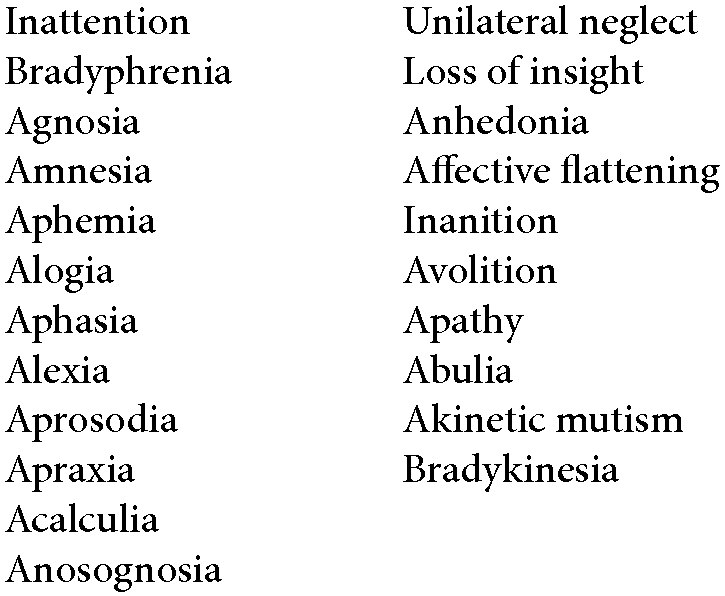
Mental status examination (Chapter 23) - Behavioral Neurology & Neuropsychiatry

SANS Avolition-Apathy Global Score. Medication-by-time interaction, F =... | Download Scientific Diagram

Avolition | Topics | Psychology | tutor2u
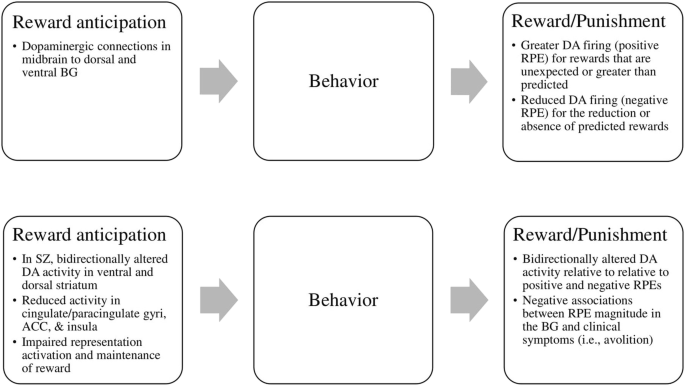
Learning and Motivation for Rewards in Schizophrenia: Implications for Behavioral Rehabilitation | SpringerLink

Avolition | Topics | Psychology | tutor2u
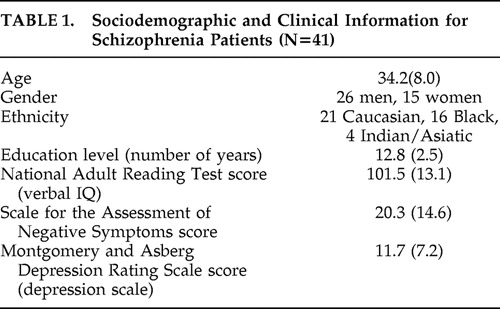
Depression, Avolition, and Attention Disorders in Patients with Schizophrenia: Associations with Verbal Memory Efficiency | The Journal of Neuropsychiatry and Clinical Neurosciences
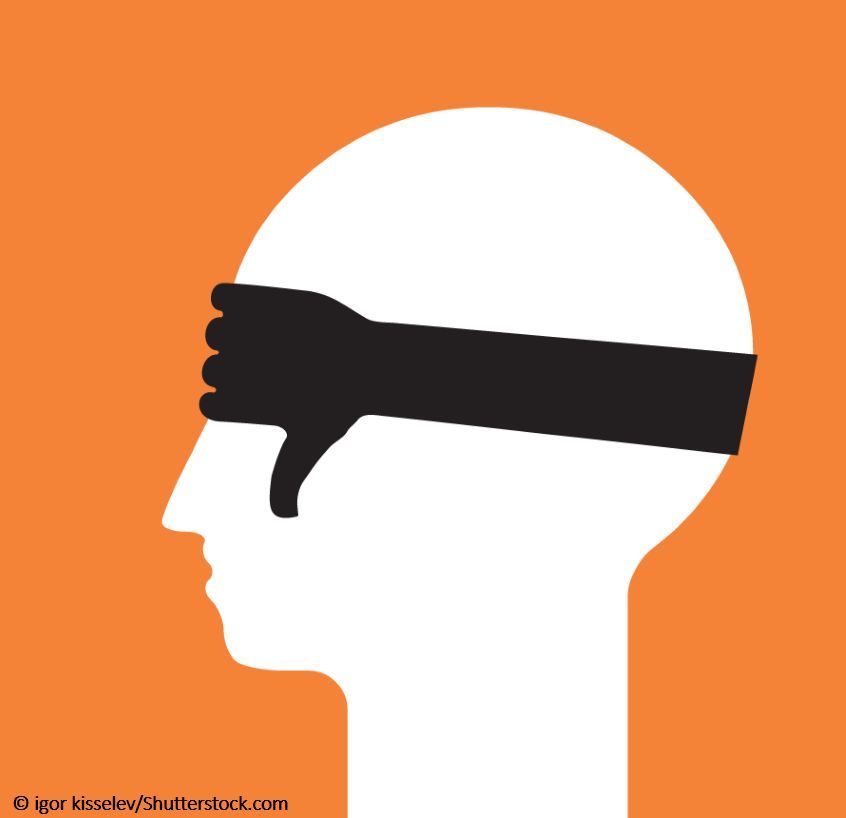
Negative Symptoms in Schizophrenia: Etiology, Hypotheses, and Treatment Implications
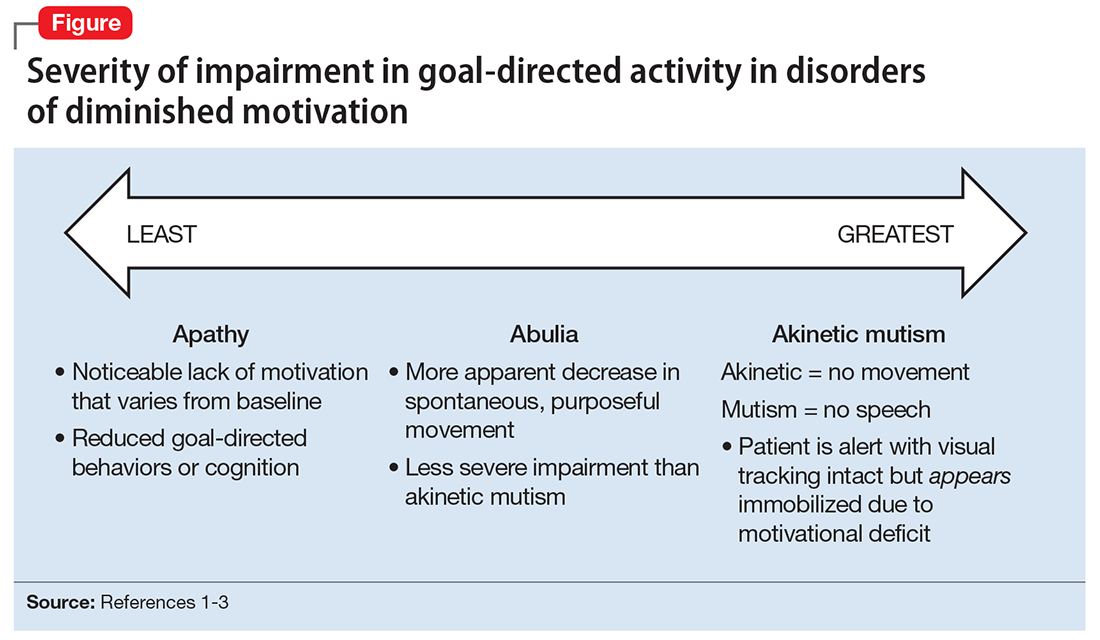
Disorders of diminished motivation: What they are, and how to treat them | MDedge Psychiatry

PDF) The nature of anhedonia and avolition in patients with first-episode schizophrenia
![Full text] Negative Symptoms in Schizophrenia: A Review and Clinical Guide for Re | NDT Full text] Negative Symptoms in Schizophrenia: A Review and Clinical Guide for Re | NDT](https://www.dovepress.com/cr_data/article_fulltext/s225000/225643/img/NDT_A_225643_O_F0004g.jpg)
Full text] Negative Symptoms in Schizophrenia: A Review and Clinical Guide for Re | NDT

A Transdiagnostic Review of Negative Symptom Phenomenology and Etiology. - Abstract - Europe PMC
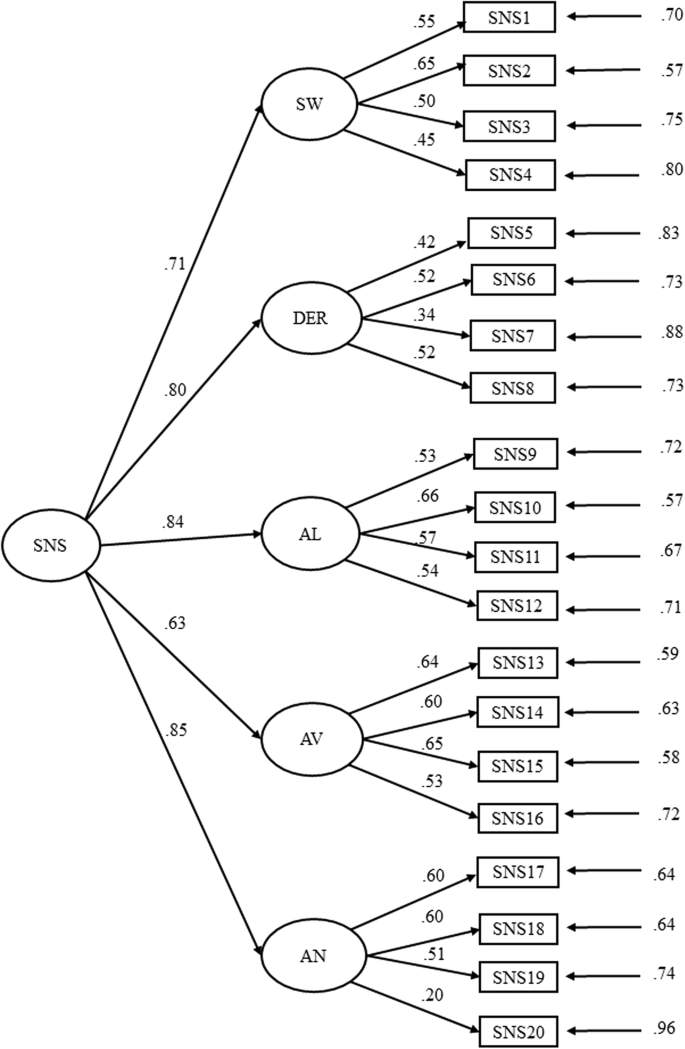
Spanish validation of the self-evaluation of negative symptoms scale SNS in an adolescent population | BMC Psychiatry | Full Text

A transnosographic approach of negative symptoms pathophysiology in schizophrenia and depressive disorders - ScienceDirect

Bipolar and psychotic disorders in elite athletes: a narrative review | British Journal of Sports Medicine

Multi‐dimensional predictions of psychotic symptoms via machine learning - Taylor - - Human Brain Mapping - Wiley Online Library
Network Analysis Indicates That Avolition Is the Most Central Domain for the Successful Treatment of Negative Symptoms: Evidence
The Many Faces of Schizophrenia Are they just unsocial people?

Psychology Chapter 15 Flashcards | Quizlet
Depression, Avolition, and Attention Disorders in Patients with Schizophrenia: Associations with Verbal Memory Efficiency
Posting Komentar untuk "which of the following is an example of avolition?"